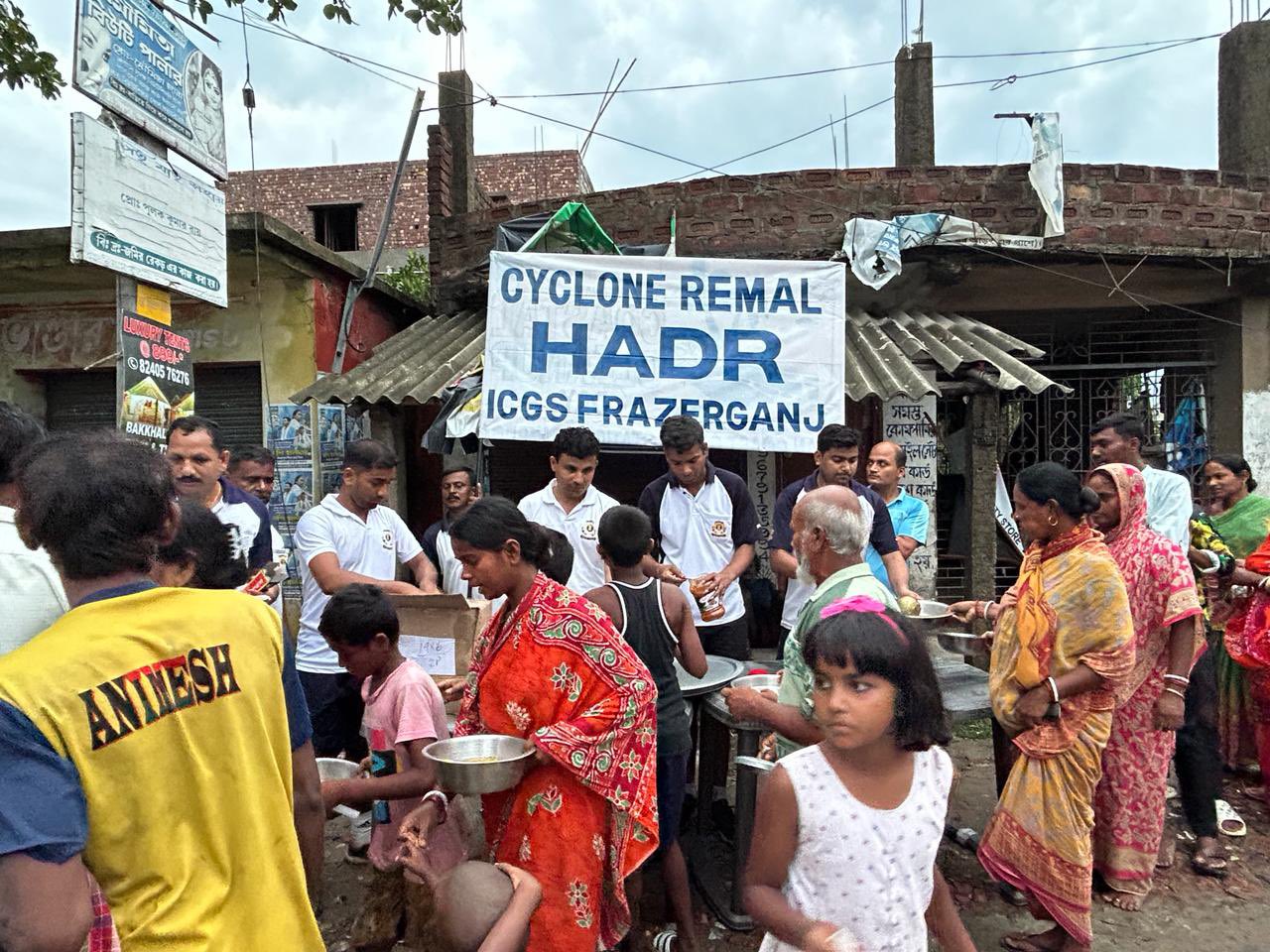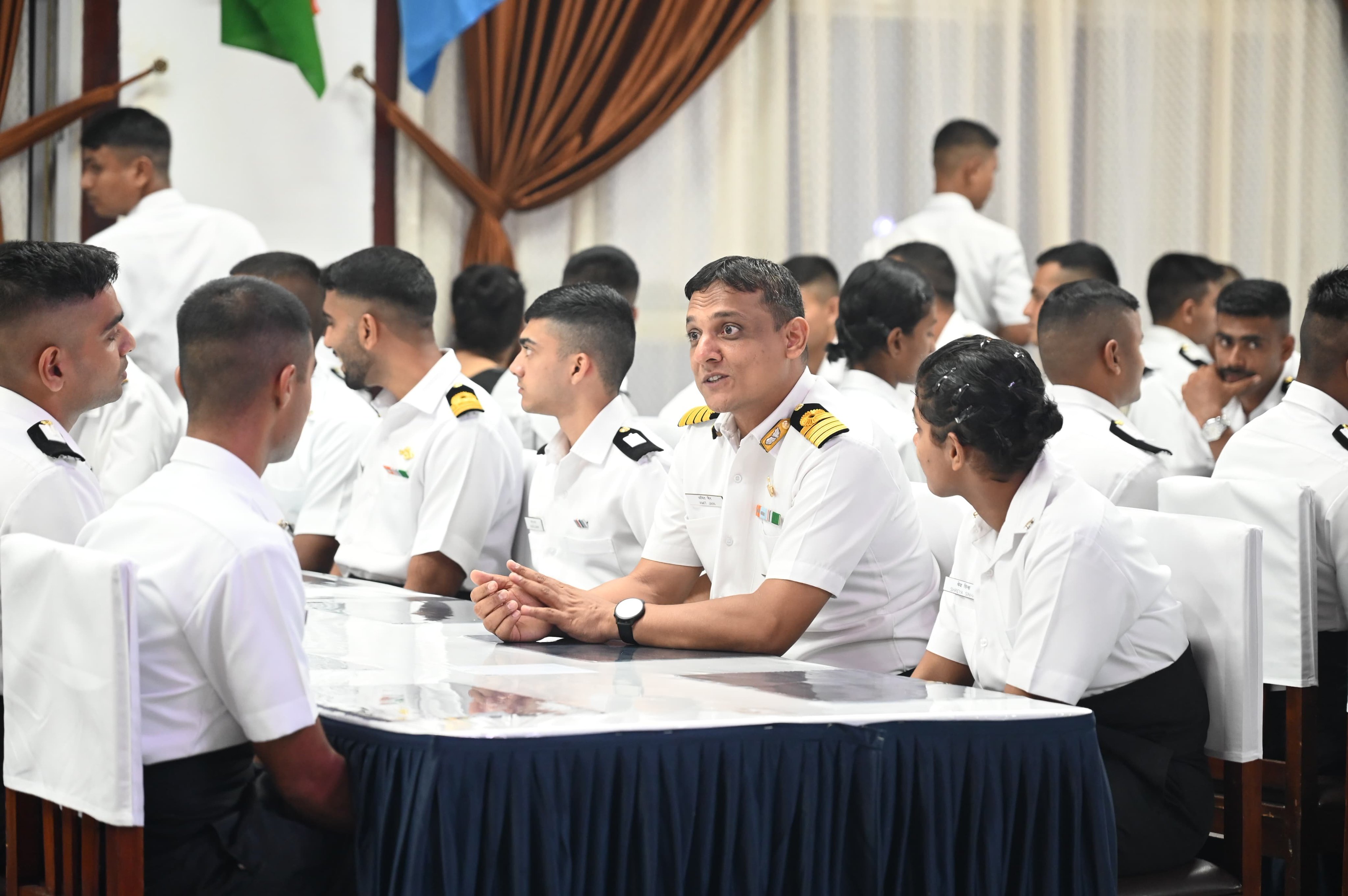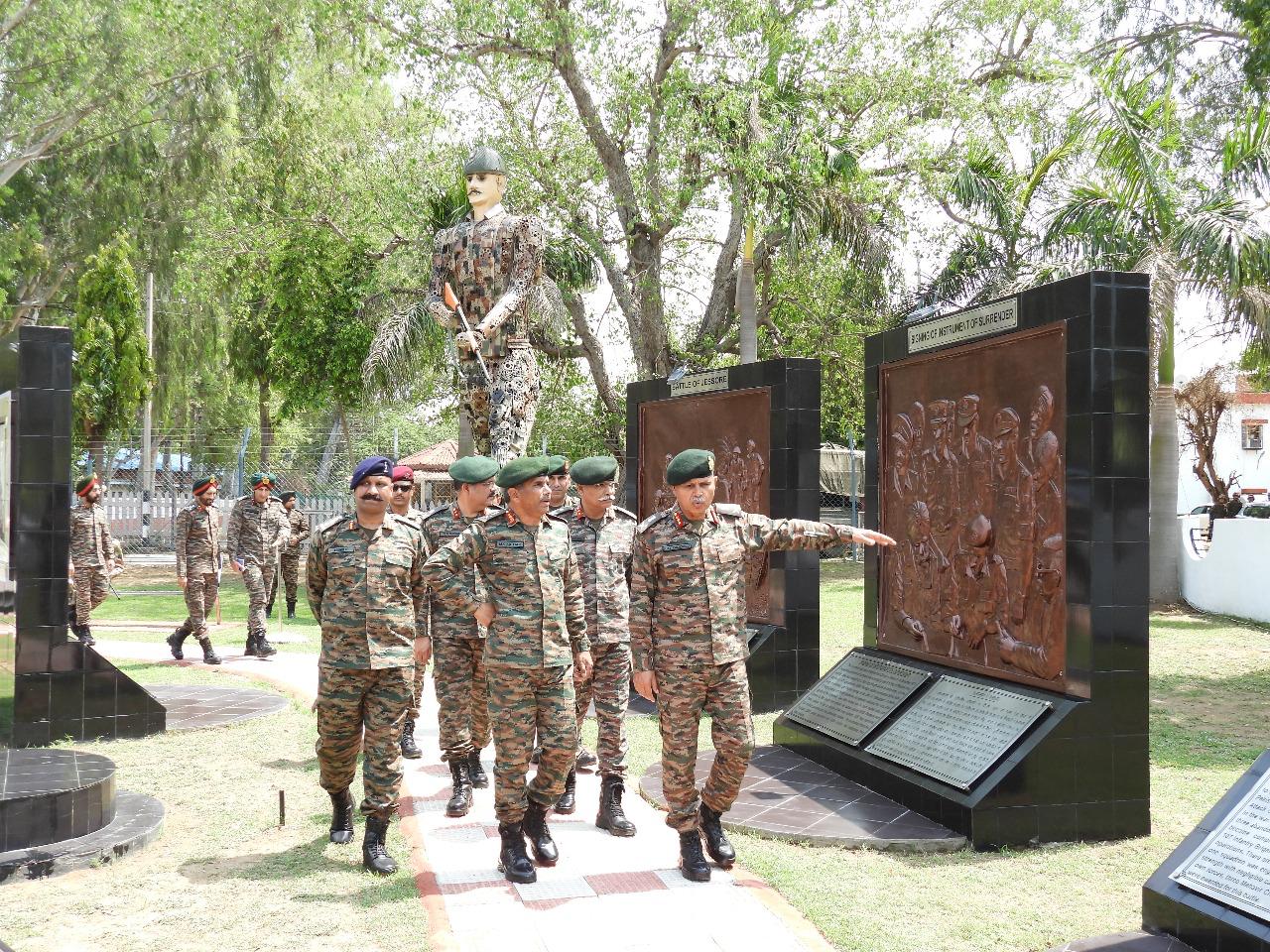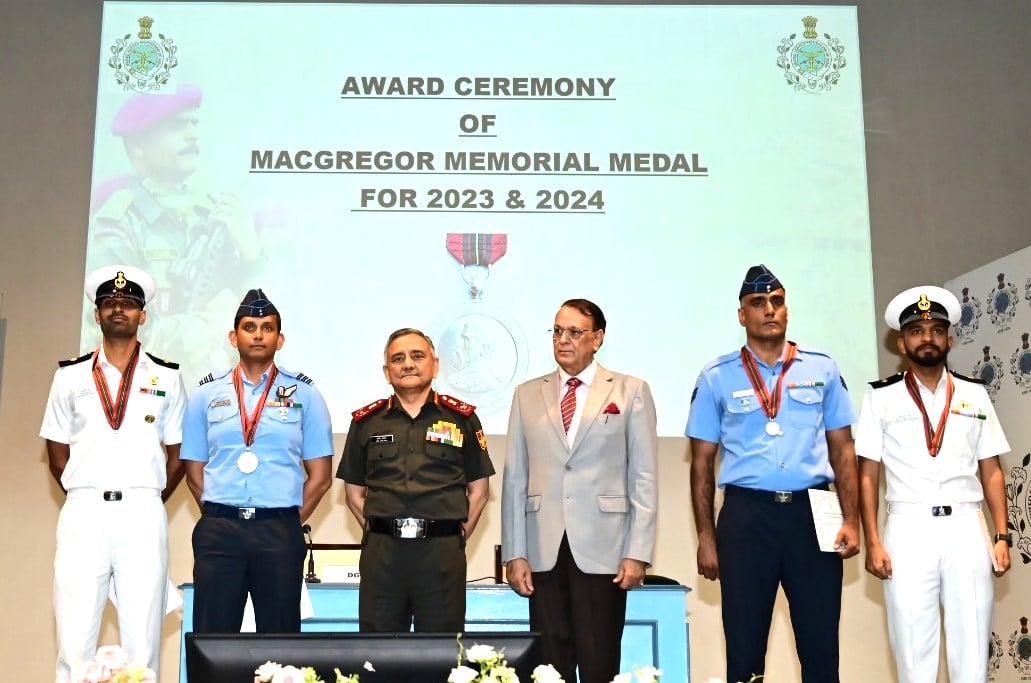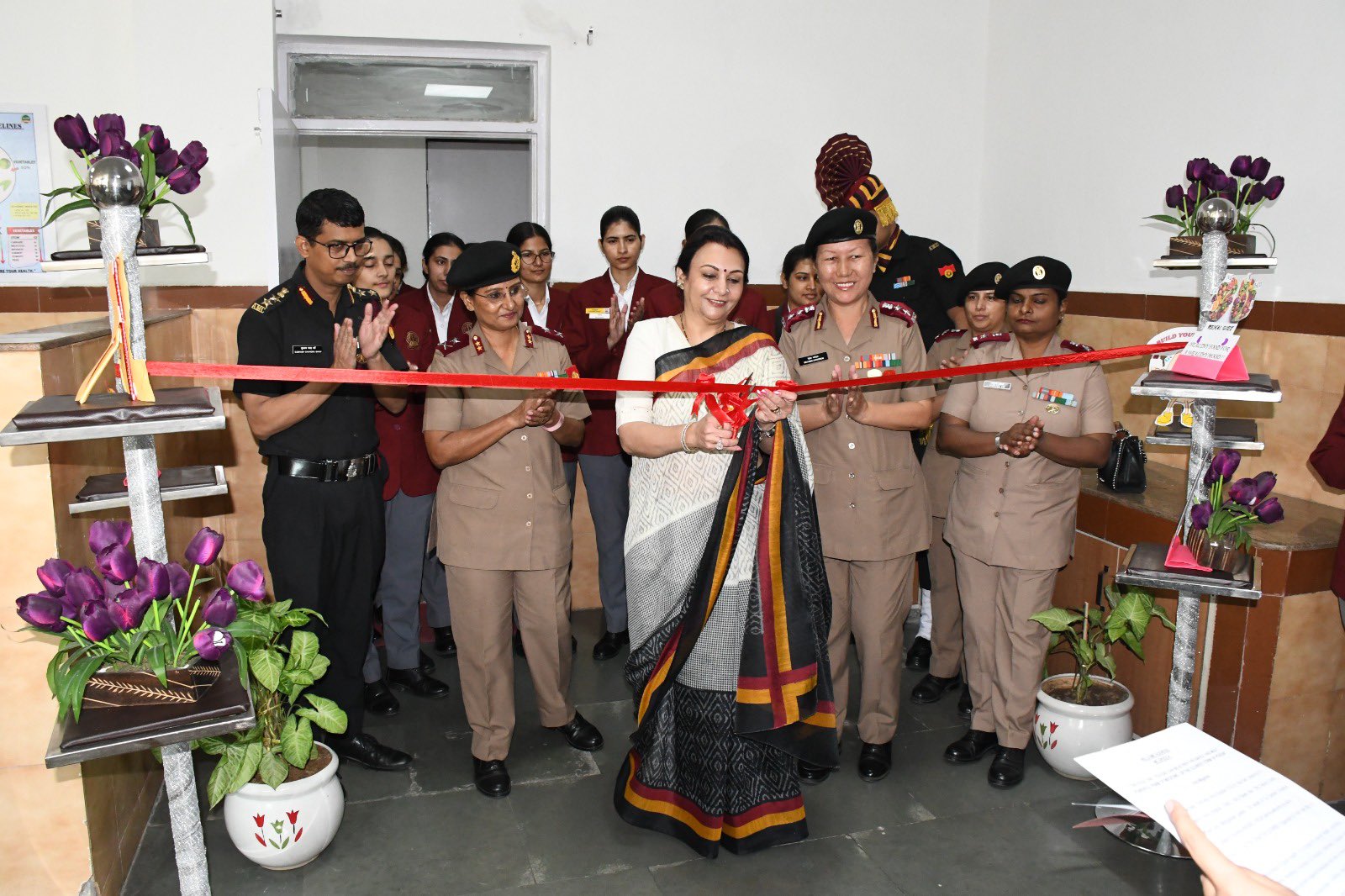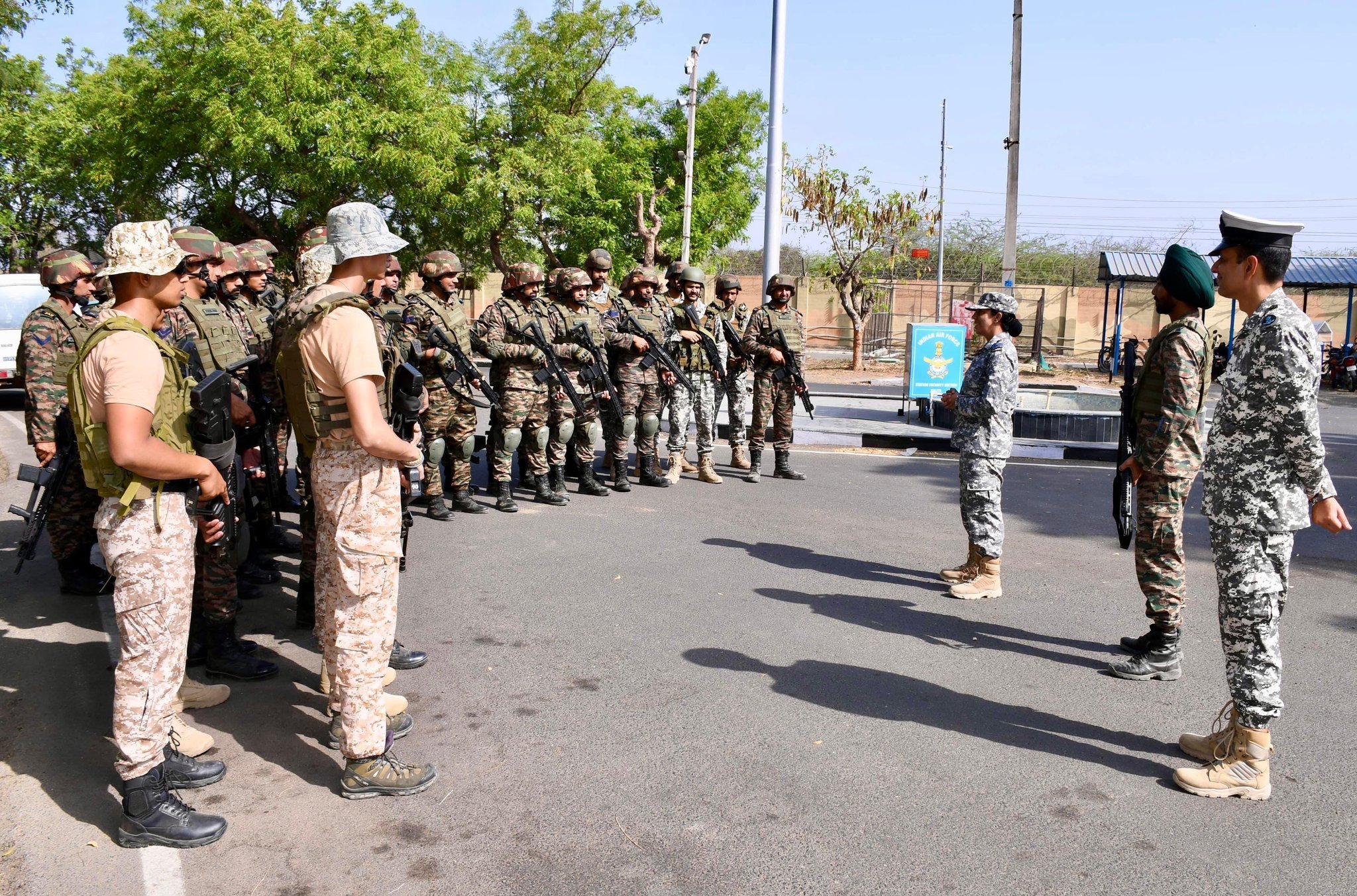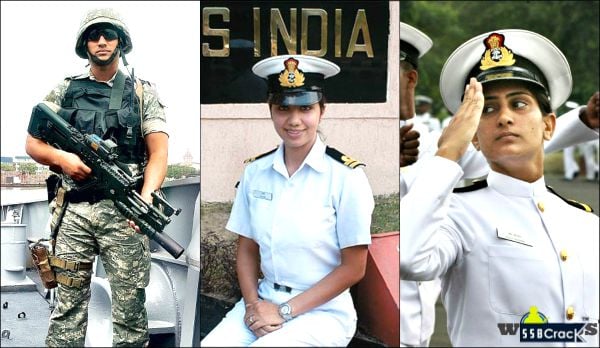In the aftermath of Cyclone Remel’s severe landfall, the Indian Coast Guard (ICG) has launched a comprehensive disaster relief operation, demonstrating its unwavering commitment to protecting lives and ensuring marine safety. With ships and aircraft deployed in disaster relief configuration, the ICG is conducting assessments and providing essential relief to the affected regions of Odisha and West Bengal.
As Cyclone Remel made landfall with devastating winds and heavy rainfall, the Indian Coast Guard sprang into action. Two ICG Dornier aircraft were dispatched for air surveillance along the coasts of Odisha and West Bengal. Their mission: to assess the extent of the damage and ensure that no mariners were in distress.
The aerial surveillance teams covered vast stretches of the coastline, scanning for any signs of vessels in trouble and monitoring the impact of the cyclone on coastal communities.
The Dornier aircraft, equipped with advanced surveillance and communication systems, played a crucial role in providing real-time updates on the situation on the ground.
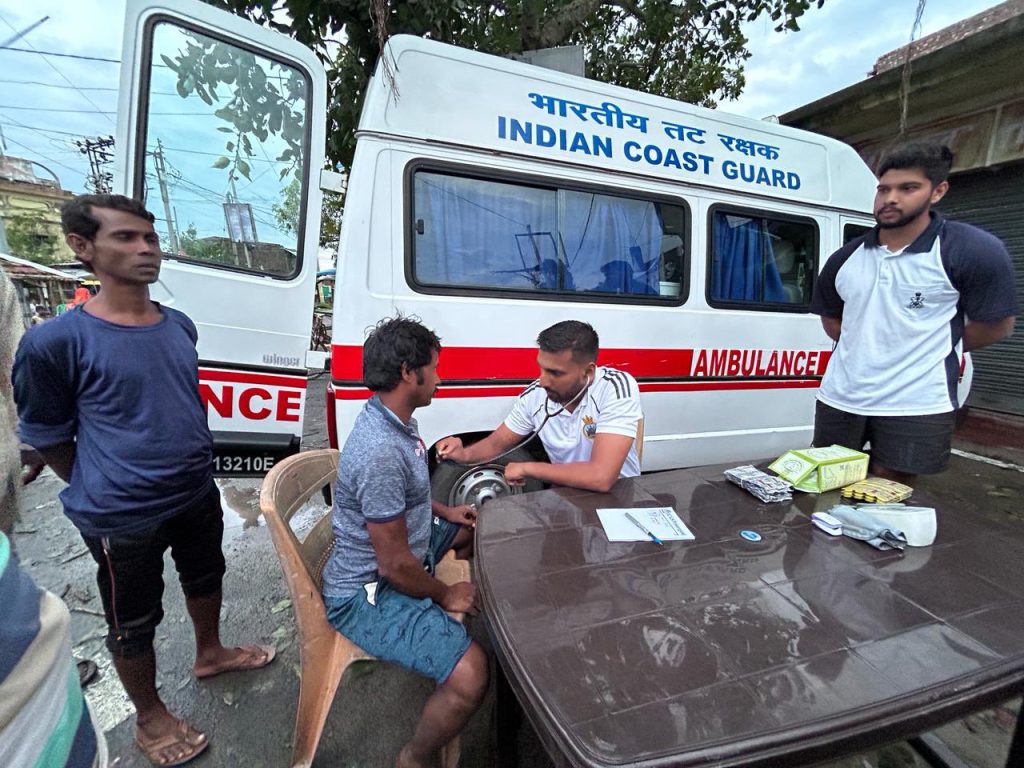
In parallel with the aerial surveillance efforts, ICG Ship Frazerganj was deployed to provide immediate relief to the affected areas. The ship, equipped with medical facilities and stocked with essential supplies, including food and water, made its way to the hardest-hit coastal communities.
The crew of ICGS Frazerganj swiftly established relief camps, offering medical aid to those injured during the cyclone and distributing food to those in need.
Medical teams onboard provided first aid, treated minor injuries, and ensured that the vulnerable population received necessary care. The presence of the ICG ship brought much-needed relief and reassurance to the affected residents, many of whom had been displaced or cut off from essential services due to the cyclone’s impact.
The primary mission of the Indian Coast Guard during such natural disasters is to ensure the safety of mariners and coastal communities. The aerial surveillance conducted by the Dornier aircraft revealed no mariners in distress, a testament to the effectiveness of preemptive measures and the timely response of the ICG.
The coordination between the Coast Guard’s maritime and aerial units ensured comprehensive coverage of the affected areas, minimizing the risk of any mariner being left in peril. The ICG’s swift deployment and effective communication channels played a crucial role in achieving this outcome.
Beyond immediate relief efforts, the Indian Coast Guard also engaged with local communities to provide support and ensure their safety.
The ICG personnel conducted community awareness programs, educating residents about cyclone preparedness and safety measures. These programs aimed to build resilience among the coastal populations, enabling them to better withstand future natural disasters.
The Coast Guard’s efforts were met with gratitude from the affected communities. Local leaders and residents expressed their appreciation for the timely intervention and the comprehensive support provided by the ICG. The collaborative efforts between the Coast Guard and the communities highlighted the importance of unity and preparedness in the face of natural calamities.
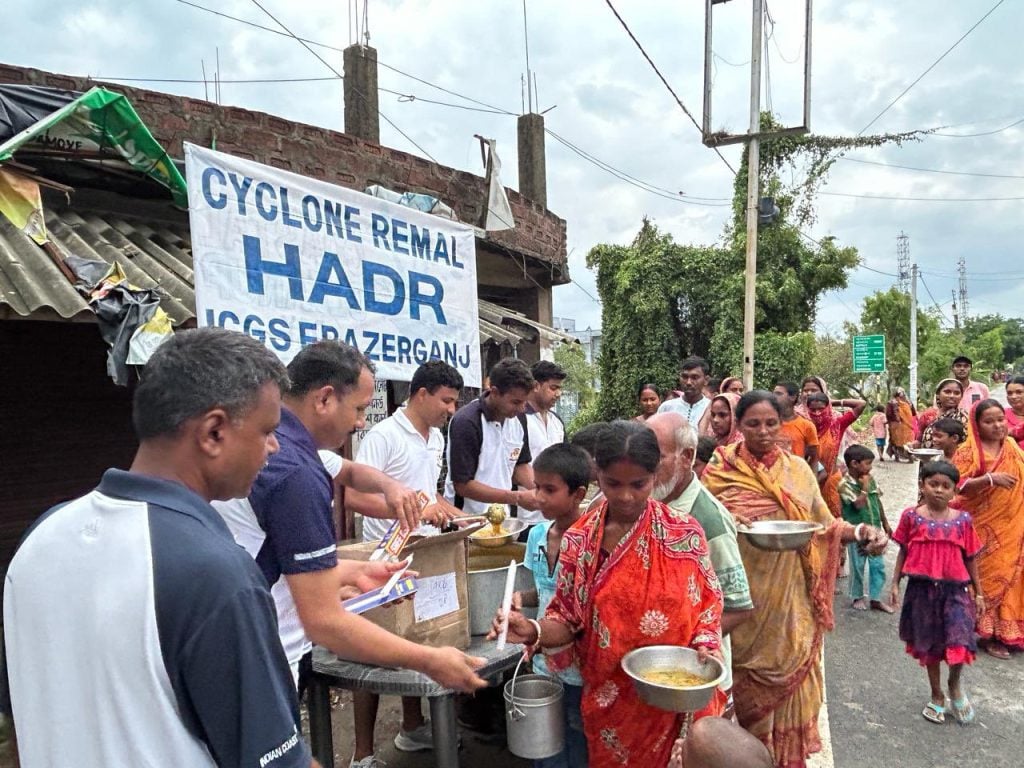
With no loss of life or distress reported to the Coast Guard, the successful execution of disaster relief operations stands as a testament to the ICG’s preparedness and capability. As the affected regions begin the process of recovery and rebuilding, the Indian Coast Guard remains vigilant and ready to provide continued support and protection.

